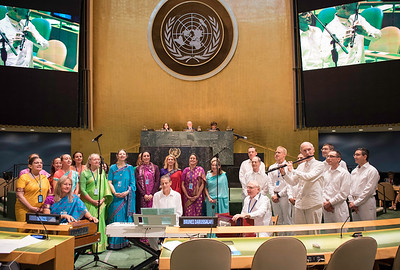Paying his first visit to Kashmir after the abrogation of Article 370, Prime Minister Narendra Modi has reached out to the valley residents with the slogan ‘Viksit Bharat Viksit Jammu Kashmir’. His message is clear: the state-turned-UT’s development will go hand in hand with that of the country. He launched and dedicated to the nation more than 50 projects worth Rs 6,400 crore, including initiatives in the tourism sector and a project for the integrated development of the Hazratbal shrine in Srinagar.
The PM has asserted that J&K is touching new heights of development and ‘breathing freely’ after the 2019 abrogation. It goes to the credit of the Union Government and the security forces that the count of terror-related incidents has come down significantly in recent years. The annual death toll — both of civilians and security personnel — has also been waning. No major terror strike has taken place in Kashmir after the Pulwama attack of February 2019. The government has been prioritizing development and employment in a bid to keep the youth off the perilous path of violence and extremism.
Amid all these confidence-building measures, there are two major challenges for the Centre: restoring J&K’s statehood and holding the Assembly elections. An inordinate delay in undertaking these all-important exercises is sending out the message that all is not well on the ground. This runs contrary to the government’s claim that everything is hunky-dory in J&K. The resumption of the electoral process is the need of the hour to regain the trust of political parties and voters. Allowing democracy to wither is a recipe for disaster in a region highly vulnerable to cross-border terrorism. The simmering discontent over perceived disempowerment following the revocation of the special status as well as statehood must be addressed with timely remedial steps.
(Tribune, India)





Be the first to comment